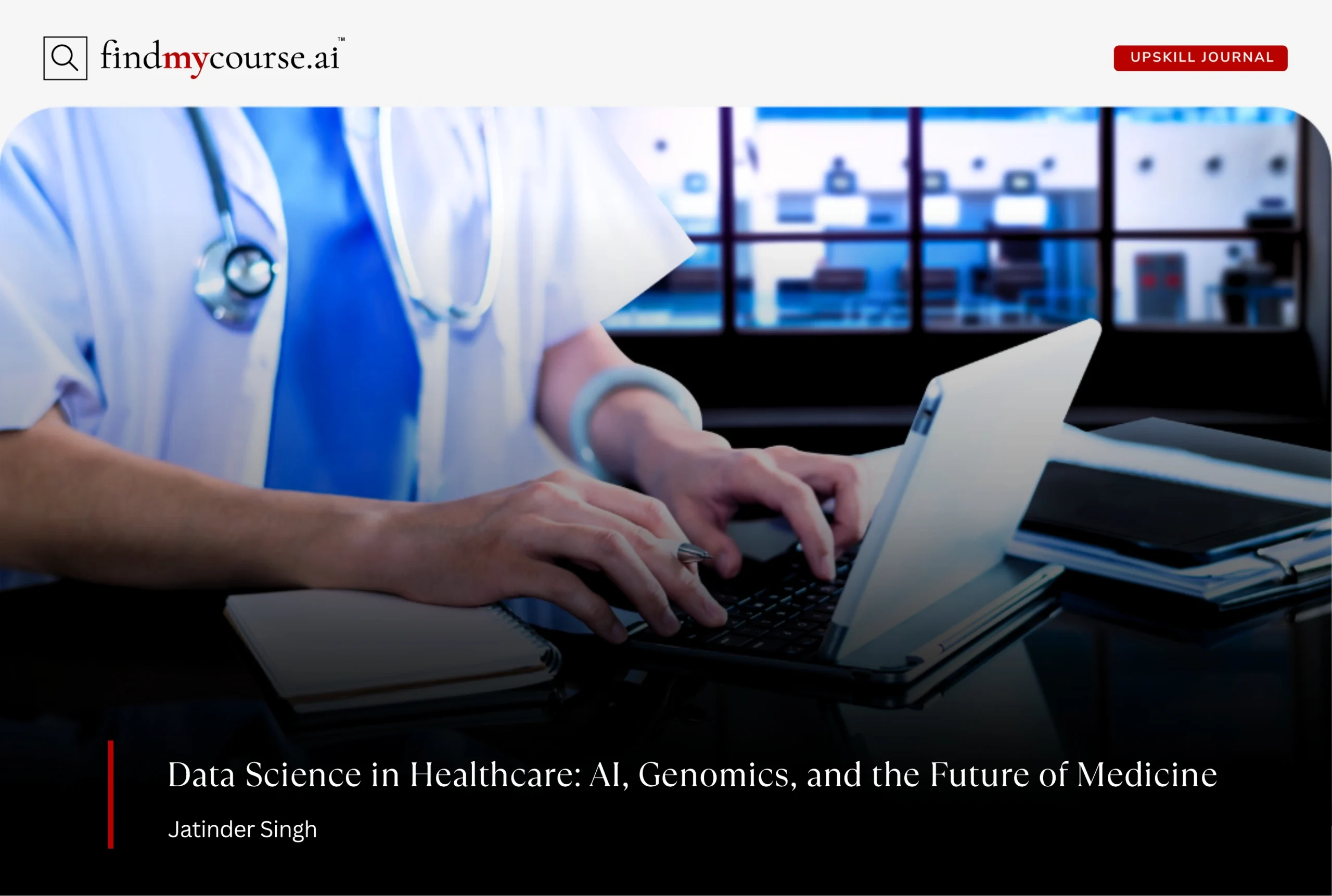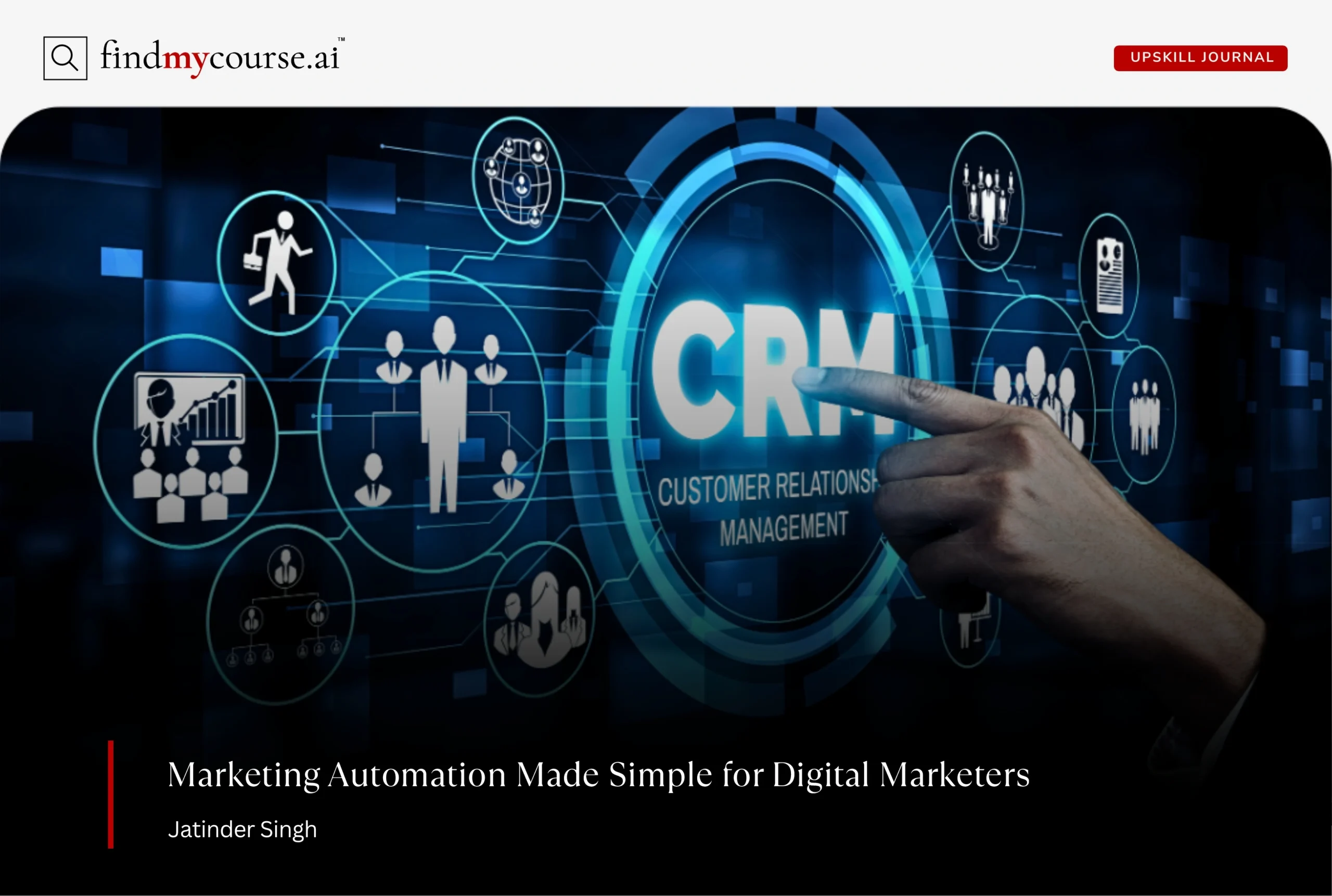In 2026, healthcare is entering a transformative era powered by data. Data science in healthcare is no longer a supporting tool—it is becoming the backbone of modern medicine. From predicting illnesses before they strike to tailoring treatment to an individual’s unique genetic makeup, the possibilities are both exciting and career-defining. For professionals looking to thrive in this new landscape, upskilling in data-driven healthcare is essential, as it enables them to contribute meaningfully to patient outcomes and operational innovation.
The future of healthcare will not only rely on advanced technology but also on the ability of professionals to interpret, act on, and implement insights derived from data. Understanding this evolution is key for anyone aiming to stay at the forefront of the industry.
The Emerging Role of Data Science in Healthcare
Data science in healthcare encompasses artificial intelligence, machine learning, predictive analytics, and big data management. While today it primarily supports diagnostics and operational efficiency, the future points to a far more proactive, personalized, and preventative model of care.
For example, predictive analytics will evolve to anticipate health crises before they occur. Imagine a system that flags a patient at high risk for heart disease or diabetes years before symptoms appear, enabling early interventions and lifestyle adjustments. Similarly, AI-driven analysis of medical images will not just assist radiologists but could eventually provide real-time decision support during surgery or emergency care.
Moreover, data science is paving the way for precision medicine. By combining genetic, environmental, and lifestyle data, clinicians can design treatments specifically tailored to individual patients. This shift from a “one-size-fits-all” approach to highly personalized therapy is set to define the healthcare of tomorrow.
Key Trends Driving the Future of Healthcare Data Science
As healthcare continues to evolve, certain technological and analytical trends are set to redefine patient care and operational efficiency. Understanding these trends is essential for professionals who want to stay ahead in the rapidly changing landscape of data-driven medicine.
1. Artificial Intelligence and Machine Learning
AI and ML will continue to be at the forefront of healthcare innovation. In 2026, these technologies will increasingly enable predictive diagnostics, early disease detection, and treatment recommendations tailored to individual patients. Unlike current tools, future AI systems will be capable of integrating data from multiple sources—including wearables, medical devices, and genomics—to anticipate health events with unprecedented accuracy. For instance, platforms like IBM Watson Health are already helping physicians analyze complex patient data and provide AI-driven treatment recommendations.
Furthermore, AI will help reduce clinician burnout. By automating repetitive tasks, such as charting or image analysis, healthcare professionals will have more time to focus on patient interaction, decision-making, and complex care planning. The future is not about replacing humans—it’s about amplifying their capabilities.
2. Real-Time Monitoring and Telehealth
The proliferation of wearable devices, smart home sensors, and connected health applications is changing how patients and clinicians interact. Real-time monitoring allows healthcare providers to track vital signs continuously, adjust treatment plans instantly, and prevent complications before they escalate. Wearables and remote monitoring solutions, such as Fitbit, enable clinicians to collect real-time health metrics and intervene proactively when needed.
In addition, telehealth integration will expand beyond simple consultations. Advanced remote monitoring systems, combined with predictive analytics, will enable proactive interventions for chronic conditions. Consequently, patients will experience a healthcare model that is both more responsive and more convenient.
3. Personalized and Genomic Medicine
Personalized medicine is going to redefine treatment. Genetic testing combined with AI-driven analysis will allow clinicians to design therapies that maximize effectiveness and minimize side effects. In oncology, for instance, treatment plans will increasingly consider genetic mutations and tumor profiles, enabling precision therapy that improves survival rates and quality of life. Platforms like Illumina BaseSpace provide tools for analyzing genetic data, helping clinicians implement precision medicine effectively.
In the coming years, this approach will extend to a wider range of conditions, including cardiovascular disease, mental health, and autoimmune disorders. Professionals who understand genomic data analysis and its practical applications will be highly sought after.
4. Data-Driven Operational Efficiency
Beyond patient care, data science will optimize hospital operations. Predictive analytics will forecast patient inflow, optimize staff scheduling, and manage supply chains efficiently. Hospitals increasingly use analytics tools such as Tableau to visualize patient trends, manage resources, and improve operational efficiency. By harnessing these insights, healthcare facilities can reduce wait times, minimize waste, and allocate resources where they are needed most.
As healthcare organizations adopt these strategies, professionals skilled in interpreting and acting on operational data will become indispensable. This convergence of clinical insight and operational intelligence defines the next frontier of healthcare careers.
Preparing the Workforce for the Future
With these advancements, the future of data science in healthcare demands a workforce that is continuously learning and adapting. Upskilling has become a professional imperative, not just a career booster. Programs focusing on AI applications, big data analytics, and predictive modeling empower professionals to participate actively in this transformation.
For example, clinicians learning to interpret AI outputs can make more informed treatment decisions. Administrators trained in predictive analytics can enhance hospital efficiency. Researchers with data science expertise can design studies that lead to actionable insights faster than ever before. Continuous learning ensures that professionals are prepared for the evolving responsibilities and opportunities that the future will bring.
Moreover, developing soft skills—like interdisciplinary collaboration, ethical decision-making, and patient communication—will complement technical expertise. After all, data-driven insights are only as valuable as the human judgment used to apply them.
Challenges and Opportunities in the Future
While the potential of data science in healthcare is immense, several challenges must be addressed to fully realize its benefits. Data privacy, cybersecurity, and ethical considerations are critical to maintaining patient trust. Additionally, integrating AI into clinical workflows without disrupting care delivery remains a complex hurdle.
At the same time, these challenges bring significant opportunities:
- Ethical and Regulatory Leadership: Professionals who navigate privacy, compliance, and ethical complexities will become industry leaders.
- Innovation with Security: Institutions that balance technological innovation with patient safety and trust will set the standard for the next generation of healthcare.
- Integration of Skills: The future relies on combining technology, human expertise, and continuous learning. Professionals who embrace this triad will profoundly influence patient care and healthcare outcomes.
Conclusion
The future of healthcare is being shaped today, not by technology alone, but by the people who harness it wisely. The real progress will come from combining innovation with human judgment, ethical decision-making, and collaboration across disciplines. Professionals who embrace continuous learning and adapt to evolving challenges will drive meaningful change, improving both patient outcomes and the systems that support them. In the years ahead, healthcare will be more proactive, personalized, and responsive than ever before—but its success will ultimately depend on the vision, dedication, and purposeful action of those who lead the way.


